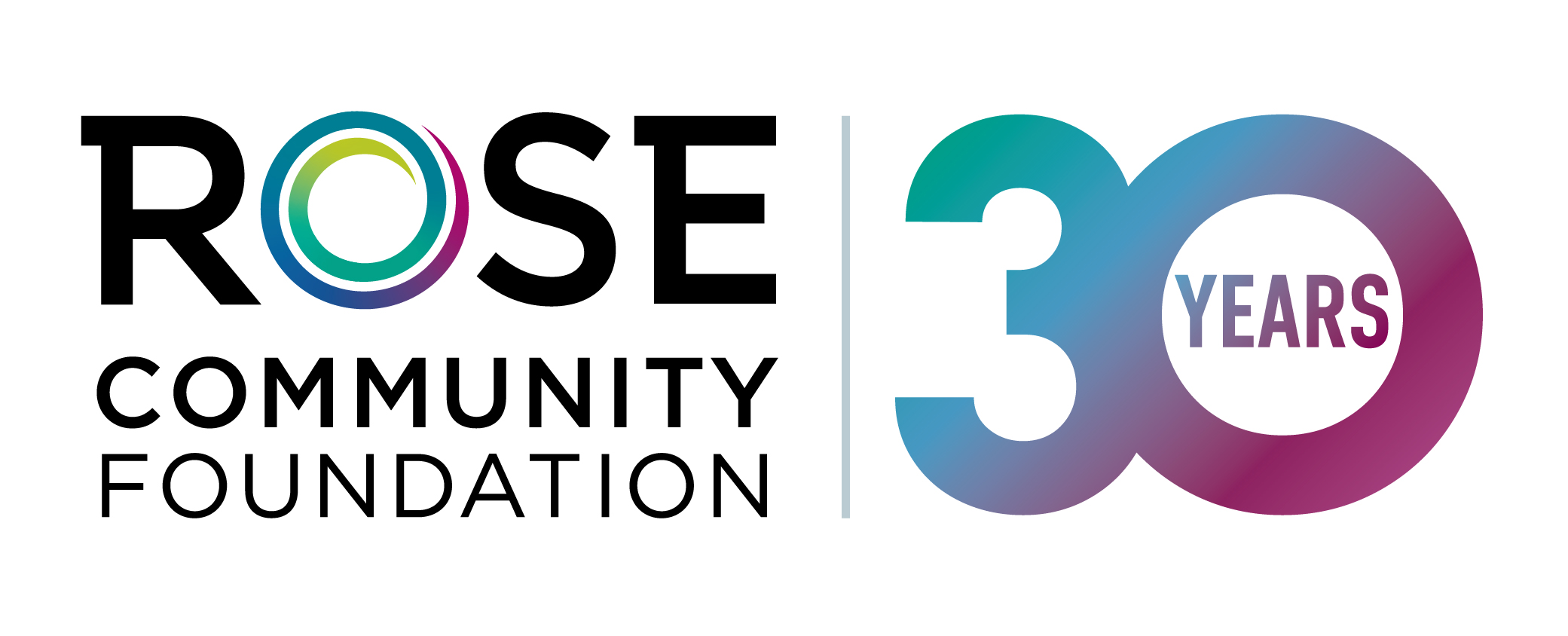Refugee Integration Fund
We invest in nonprofit organizations driven to make a significant difference.

The Refugee Integration Fund supports programs and initiatives that are addressing priority needs for newly arrived Afghans and other Office of Refugee Resettlement (ORR)-eligible populations residing in Colorado.
Over 3,000 Afghan evacuees have arrived in Colorado since August 2021. Other ORR-eligible arrivals were also at record highs in 2022. The state of Colorado has received federal funding to support Afghans and other ORR-eligible populations as they move from the resettlement phase to becoming established members of the community.
Grantee Organizations
In May 2022, the Fund awarded $6 million in grants in support of 16 organizations that are addressing critical needs for evacuees. Learn more.
Mental health grantees. Addressing the mental health needs of Afghans and other ORR-eligible populations, including help overcoming stigmas associated with seeking mental health care and creating opportunities for social engagement.
- Aurora Mental Health and Recovery
- Broomfield Resettlement Task Force c/o Broomfield Community Foundation
- Jewish Family Service of Colorado
- Muslim Youth for Positive Impact
- DiversifiED Consulting c/o Imagination Celebration
- Roshni
- United States Committee for Refugees and Immigrants
- University of Colorado Immigrant and Refugee Program, School of Medicine
- Village Institute c/o Barton Institute for Community Action
Legal Services grantees. Expanding immigration legal services to support Afghan evacuees as they navigate available pathways for permanency in the U.S.
- Catholic Charities and Community Services of the Archdiocese of Denver, Inc.
- ECDC African Community Center of Denver
- Justice and Mercy Legal Aid Center
- Muslim Youth for Positive Impact
Support to schools grantees. Supporting enhancements for school districts to promote academic performance and successful school integration of Afghan children, youth and families.
About the Fund
The Refugee Integration Fund is overseen by the Colorado Refugee Services Program (CRSP), a unit within the Colorado Department of Human Services (CDHS). CRSP provides leadership, networking, monitoring, and systems navigation on behalf of refugees and the agencies that assist them. In partnership with the Office of Refugee Resettlement, other CDHS divisions, and counties in which refugees resettle, CRSP coordinates an array of services aimed at promoting refugee self-sufficiency and integration.
